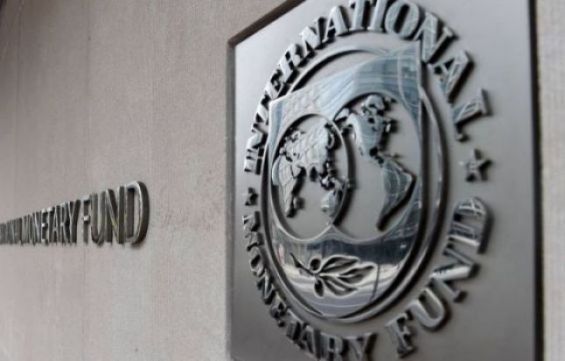The prompt response of the Moroccan authorities has helped contain the fallout from the pandemic, said the International Monetary Fund (IMF) after concluding the Article IV consultation with Morocco for the year 2020.
«The resilience of remittances and lower imports have contained Morocco's external financing needs», said the IMF in a statement on Tuesday, banking on a growth of 4.5 percent in 2021 in Morocco.
The financial institution noted that the decision to draw on the Precautionary and Liquidity Line (PLL) arrangement in April 2020 has helped ease external financing pressures and to maintain official reserves at an adequate level.
«Banks have so far weathered the recession relatively well, and credit has continued to increase in 2020, reflecting both the strong response of the central bank, that has improved liquidity conditions and cut interest rates, and the government’s guaranteed credit schemes», it said.
IMF staff expects GDP growth to fall to 7.2 percent in 2020 and rebound next year to 4.5 percent, as the effects of the drought and pandemic wane and monetary and fiscal policy remain accommodative.
The recovery of tourism and export receipts is expected to lead to a gradual improvement of the current account deficit, it said.
«This outlook remains subject to exceptional uncertainty, with much of the risks around the baseline depending on the evolution of the pandemic and progress on the vaccine front in both Morocco and its trading partners», according to the IMF.
For its part, the Board of Directors welcomed the exceptional measures adopted by Bank Al-Maghreb to smooth the impact of the pandemic on financial markets and the real economy.
They commended the authorities’ swift policy response that helped mitigate the social and economic impact of these shocks.
The Directors agreed that fiscal policy has appropriately supported households and firms in the wake of the pandemic, aided by voluntary contributions to the COVID-19 Fund.
The Directors welcomed recent progress in increasing exchange rate flexibility and called for completing the transition to the planned inflation targeting framework to strengthen monetary policy transmission.
The IMF supported the authorities’ plan to overhaul the large state-owned enterprises sector to improve its efficiency and governance, and support private sector development.
It also welcomed the authorities’ commitment to extend the social protection system to expand its coverage, make access to benefits more equitable, and improve targeting and efficiency of spending.
The IMF welcomed the announcement that the authorities intend to repurchase soon part of the amount purchased under the PLL arrangement, deeming that this may make post-program monitoring no longer necessary.





 chargement...
chargement...












